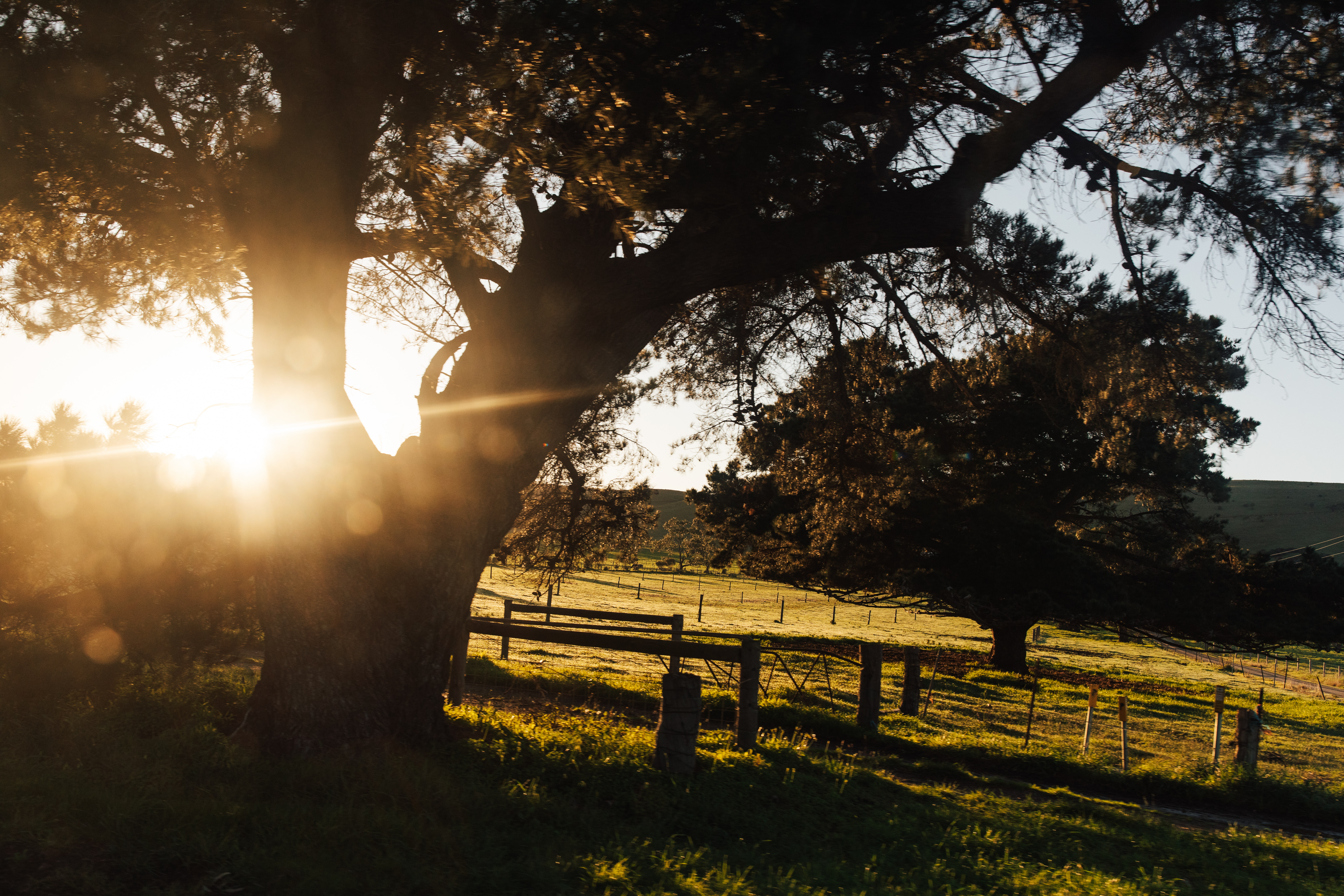
From Red Tape to Real Impact
As published in the Stock Journal
Regular readers of this column will notice that I often reference the evolving nature of global trading conditions and its impact on heavily trade exposed industries like ours – remember 75% of beef and sheepmeat, 95% of goatmeat, and 98% of wool is exported – and why it is critical for governments to effectively work with industry if we want to realise the right policy settings for sustainable and profitable agriculture.
An ABARES report released last week found that as tariffs on Australian agricultural exports have fallen over recent decades, the number of non-tariff barriers (NTBs) rose, so essentially tariffs are being replaced by protectionist NTBs.
NTBs are any kind of red tape or policy measure, other than tariffs or tariff-rate quotas, that unjustifiably restrict trade.
The adverse trade effects of NTBs in agriculture have worsened in the last decade and are now equivalent to a 19% tariff. Removing them for red meat, grains, and fruit and vegetables was estimated to provide benefits up to $4 billion dollars across those industries annually over the medium term.
Ongoing collaborative work between industry and government to address these technical market access barriers is required as they are not removed in traditional trade negotiations, which typically focus on tariffs and quotas. This relationship has seen successful outcomes in technical market access negotiations in areas such as biosecurity, food safety, testing, labelling and certification.
Why is all this relevant? It means that there is an even greater need to get the right policies and programs in place for our industry, particularly around land use, environment and animal welfare.
In the past couple of years there have been a range of examples at various levels of government where this is not occurring. This leads to producers feeling like they are under attack, not valued or respected.
Here in SA, we have new biodiversity legislation being proposed that will demand more from producers without any indication of how this will be rewarded and/or remunerated. Last week, the Premier nonchalantly announced that some of the state’s most productive land should be used to build houses. And in one of the toughest droughts experienced for some time, many producers are very underwhelmed with the level of government support provided to date.
Nationally, the government announced that it was shutting down a profitable, legal, high performing livestock market (i.e. live sheep export) based on advice from a small inner-city, ideological agenda over contemporary science or evidence. It also wanted to tax producers more to fund biosecurity services that benefit everyone instead of focussing on those creating the risk.
This latest ABARES report further reinforces that factors out of our control continue to create an increasingly challenging operating environment. More effort is needed from governments to contextualise and understand what this means at a local level as that is where impacts are felt and where actionable changes need to be made.
With the federal election due to be announced any day and the state election less than one year away, the time to do this is now.
By Travis Tobin